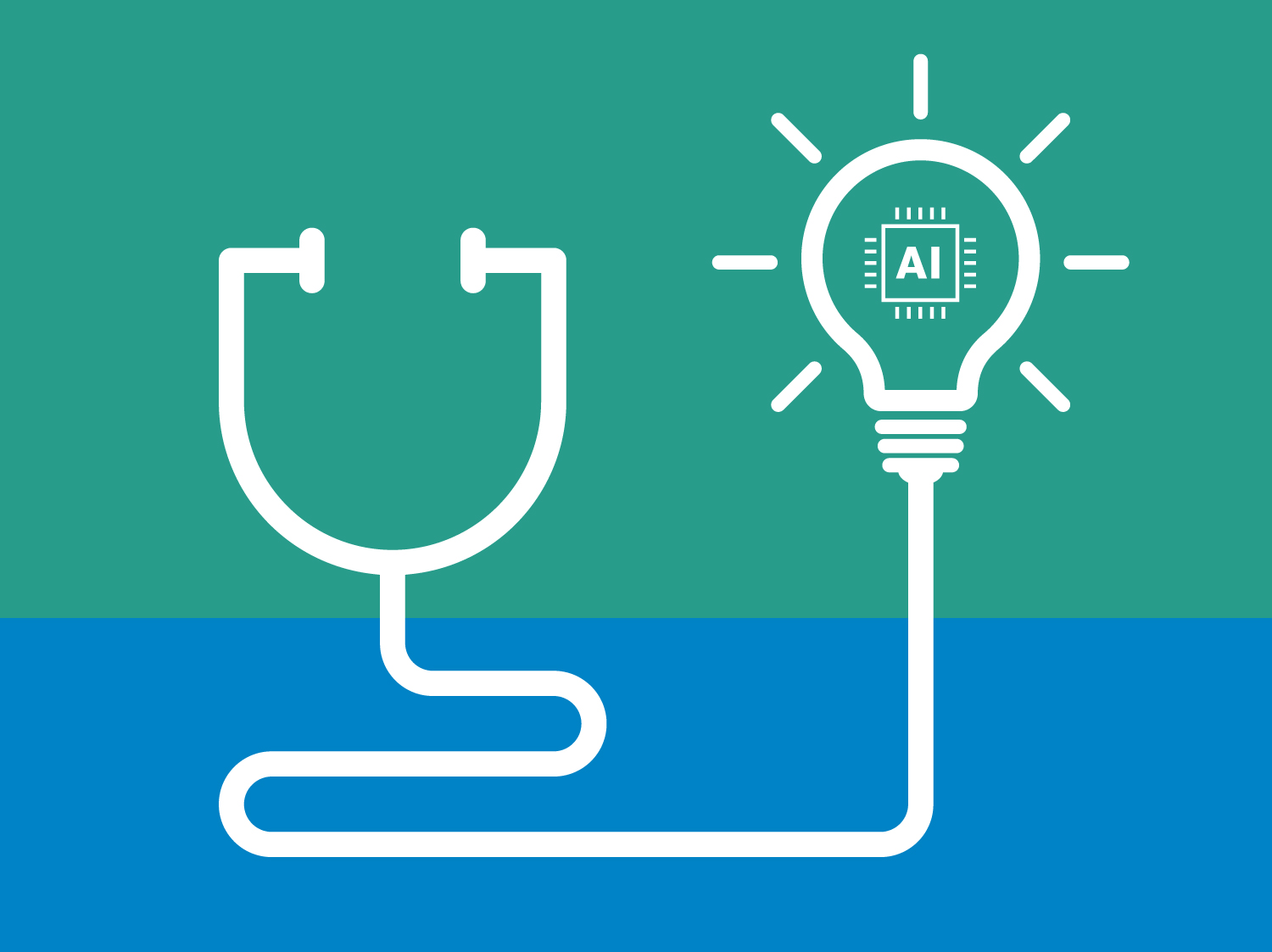A new Rx: AI for operations in health care
We may think of artificial intelligence (AI) in health care in terms of scientific advances, such as a cure for cancer or a science-fiction tricorder-like device. But in the real world, AI is making its initial impact in workflow and administrative tasks. That's not to say AI technologies aren't being used for genuinely exciting work in radiology, drug discovery, or to flag high-risk patients in covid-19 analysis.

This content was produced by Insights, the custom content arm of MIT Technology Review. It was not written by MIT Technology Review's editorial staff.
And the data shows it: according to a recent MIT Technology Review Insights survey of 1,004 AI experts, the top three uses for AI in health care are in quality control (60%), customer care and support (44%), and monitoring and diagnostics (42%). The importance of quality control in health care is obvious-better medicines and diagnostics help everyone from doctors to patients to pharmaceutical and insurance companies. Some might think that putting resources into the health-care back office is a cop-out. After all, isn't the point of technology to save lives? But attention to paperwork" by health-care technologists and vendors is a good thing.
Download the full report.